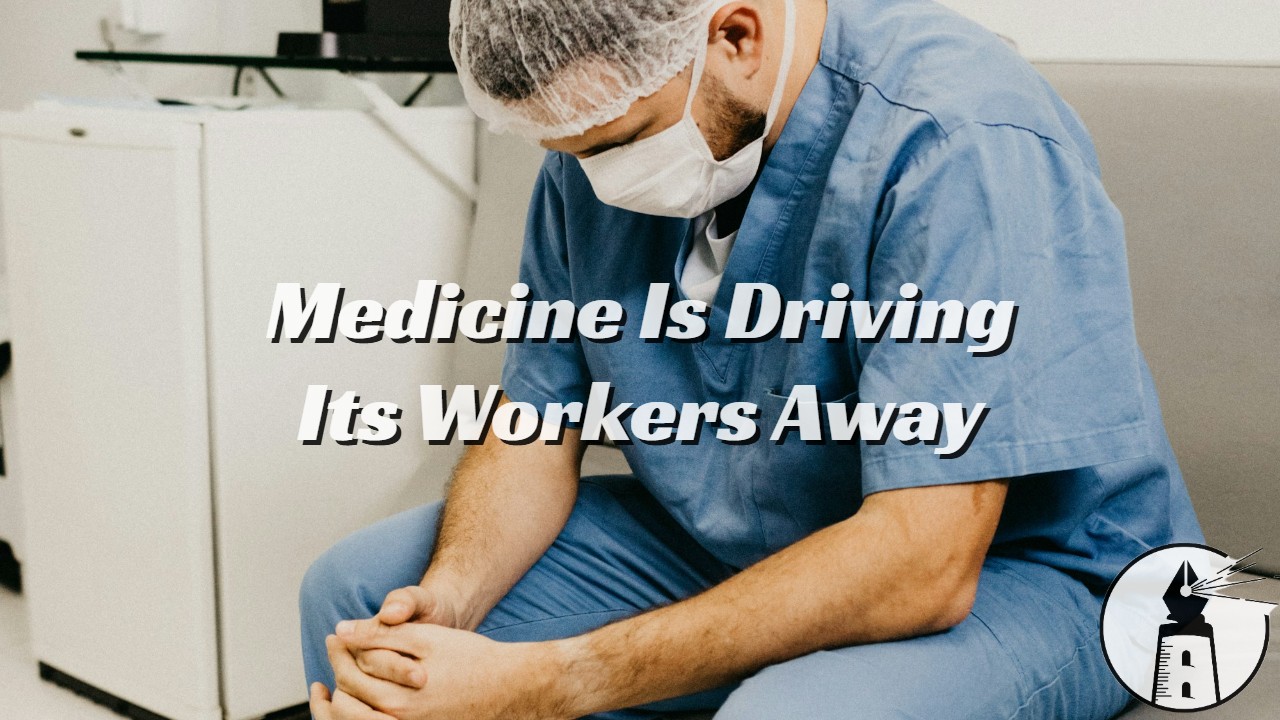As 2024 unfolds, the United States faces a significant health crisis: the resurgence of pertussis, commonly known as whooping cough. Reports from the Centers for Disease Control and Prevention (CDC) indicate that whooping cough cases have reached their highest level since 2014, with over 16,000 cases recorded as of October, marking a more than fourfold increase compared to the previous year. This rapid surge has federal health officials on high alert, warning that the country is experiencing a troubling return to pre-pandemic trends where pertussis cases consistently exceeded 10,000 annually.
The unexpected rise in whooping cough cases is seen across multiple states, creating a widespread impact that goes beyond any one region. While the respiratory illness, caused by the bacterium Bordetella pertussis, can affect individuals of all ages, it presents the most severe threat to infants, those with compromised immune systems, and individuals with chronic respiratory issues like asthma. The disease’s characteristic ‘whooping’ sound, a gasp for air between relentless coughing fits, can lead to dangerous complications, especially in young children, such as apnea and pneumonia.
One of the primary drivers of the resurgence is the easing of pandemic-related mitigation measures, such as masking and social distancing, which had previously kept respiratory infections at lower-than-average levels. This shift back to pre-pandemic norms has allowed pertussis to spread more readily within communities, especially among those who are not up-to-date on vaccinations. Additionally, recent declines in immunization rates have left more individuals susceptible to infection, increasing the likelihood of outbreaks in schools, public spaces, and households.
The Midwest and several other regions have been particularly affected, underscoring the national scale of this issue. Michigan has recorded 830 confirmed or probable cases as of late October, already surpassing the state’s pre-pandemic annual average. Meanwhile, Missouri has seen a staggering 744% increase in cases, with 422 reports so far this year compared to just 50 in the previous year. Illinois, too, has reported an increase, with over 1,300 cases this year, more than triple last year’s count. These numbers signal an alarming trend that extends across state lines, requiring coordinated efforts and public awareness to address the escalating crisis.
Symptoms of whooping cough often begin as mild cold-like symptoms, making it easy to overlook in its early stages. However, as the infection progresses, individuals experience severe coughing fits, which can lead to vomiting, exhaustion, and difficulty breathing. Infants, who are especially vulnerable, may not cough at all but instead experience pauses in breathing, sometimes leading to a bluish discoloration of the skin due to a lack of oxygen.
Given these risks, the CDC strongly advocates for vaccinations as the most effective line of defense against whooping cough, especially for infants, children, adolescents, pregnant women, and unvaccinated adults. For expectant mothers, the TDAP (tetanus, diphtheria, and pertussis) vaccine is particularly critical, as it can transfer some immunity to newborns who are too young for direct vaccination.
This surge in whooping cough cases highlights the need for a renewed focus on vaccinations as a public health priority. Pertussis is not just a localized issue but a growing national crisis that affects people across all demographics and regions. As cases continue to climb, it’s crucial for individuals and communities to remain informed. Vaccination protects those who are vaccinated and reduces the risk of transmission, creating a safer environment for those who are most vulnerable.
For the United States, reversing this trend will require a multifaceted approach, including heightened public awareness campaigns, increased access to vaccinations, and perhaps a reevaluation of vaccination schedules to ensure adequate immunity. Health officials stress that the pertussis vaccine is safe, effective, and essential for preventing serious complications. By prioritizing immunizations and practicing good hygiene, we can collectively work to curb the spread of whooping cough and protect the nation’s health.
—By Greg Collier



